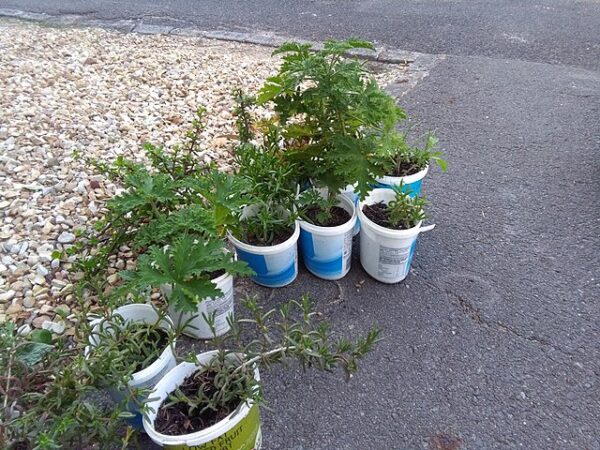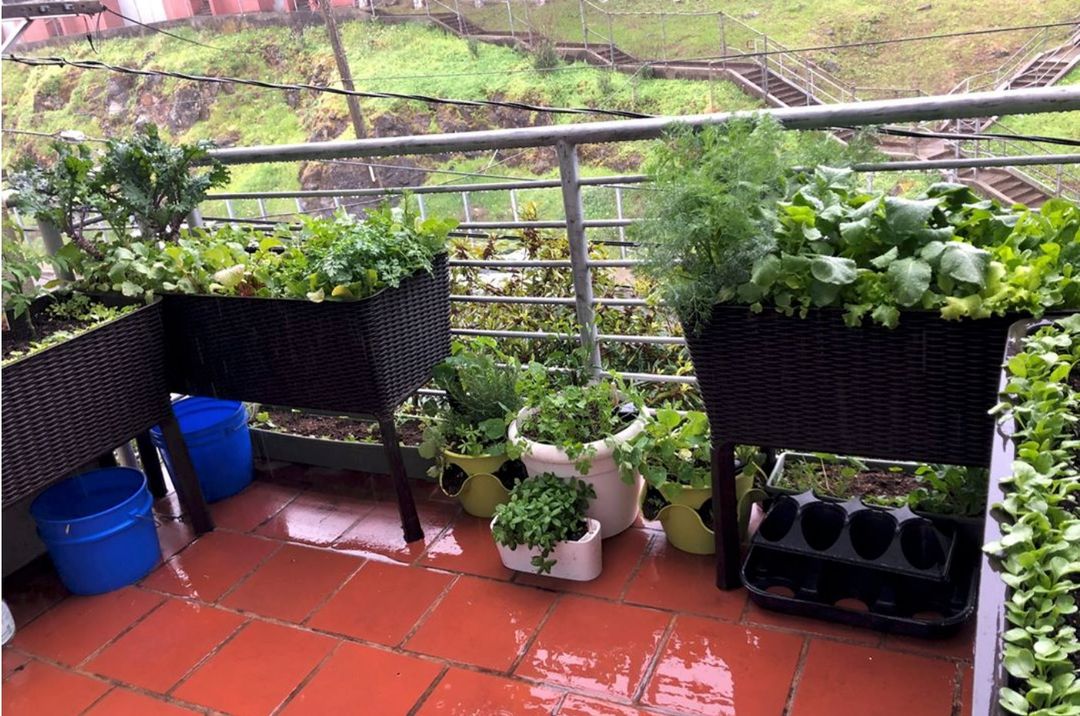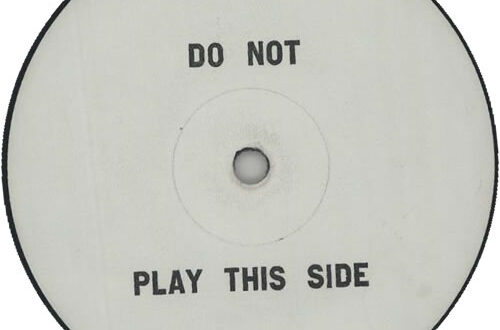A Hobby For the Future
Recently at a social outing, I found myself discussing with several of my peers on a subject I didn’t expect, Gardening. My family has always maintained a vegetable and flower garden no matter where we have lived, but it came to my surprise how many people of different backgrounds and academic majors not only practiced gardening but considered it and even farming to be a personal hobby. It both puzzled and provided me a small comfort to see that despite our generation being so heavily integrated into technology that it only makes sense we would adopt a very calming and primitive hobby. Still in our mercurial world raced by sudden changes in climate and resource availability, it is important to recognize the skill set that comes along with growing plants, and how it can be used to help protect yourself from raising food prices, and food insecurity. Skills that while according to surveying group Axiom Gardens, 53% of Gen Z kids showed interest in, it may be a skill set the other 43% may need to pursue when faced with the adverse and unknown future presented to us.
Fighting Food Insecurity
We’ve all had days like it, nothing worthwhile in the pantry or fridge, with end-of-week finances making grocery shopping options for the weekend look bleak. But fret not as with a little effort and a small investment any person can create an efficient and nutritious vegetable garden in any space. A garden can exist anywhere so long as light and soil are available. Stuck in an apartment, consider a balcony garden, where with a few small growing bins, a bag of soil, and some mixed seeds, you can create a productive space capable of feeding not only yourself but any friends or roommates you might have as well. Plants like cherry tomatoes, beans, and peppers, not to mention a wide range of leafy and microgreens are all capable of being grown in relatively small spaces. Similar spaces can be used to grow a variety of medical and culinary herbs to help spice up your current diet or help you move into herbal remedies your looking for a natural fix to the sniffles as well. You can pretty much grow anything within a space less than the size of a pool table, and a select variety of plants can even be consistently harvested from a countertop garden if you find yourself in a balcony-less apartment. When looking for ways to construct and maintain a countertop or balcony garden I ended up finding this short guide for anyone who is interested in pursuing micro gardening.
Staying with your staples
Some of you reading this may think to yourself that while micro-gardening for things like tomatoes or kale is great and all, you recognize that a majority of the American diet is composed out of a select variety of “Staple Crops”. Things like Wheat, Rice, and potatoes are the basics; and while I doubt institutional corps like these will ever become a scarcity, it still wouldn’t be a bad idea to know how to grow them, while rice and wheat require a scale of space beyond that provided to the urban and suburban environment, potatoes are actually incredibly space efficient, to the point that they can be grown in basically a bucket of dirt. A singular store-bought potato can be turned into an entire bushel with the right kinds of soil mix, a little mulch, and an eight-gallon bucket. Some professional gardens have gone so far with this bucket-growing method that they’ve grown entire bumper crops of spuds, with relatively little effort. Small Scale Gardening also opens the possibility to pursue lesser-known staple crops such as chickpeas and lentils. Both of these crops can be made into flour, which can in turn be made into a variety of other goods including pasta and flatbreads.

Why gardening is important.
I understand that ultimately most people still don’t garden in urban environments, space is precious, time is scarce, and everyone is doing their best to keep their landlords happy. Turning your apartment into a farm can be a one-way ticket to losing your deposit for some landlords. Still, if your landlord allows it, I would recommend trying out home micro-gardening for yourself. Regardless of the possibility of increased food insecurity in the future, gardening is a calming, and beneficial hobby that doesn’t take all that much time or money; and with it comes the personal satisfaction of growing your own food.
Other environmentally focused articles form the Ecology can be found here










